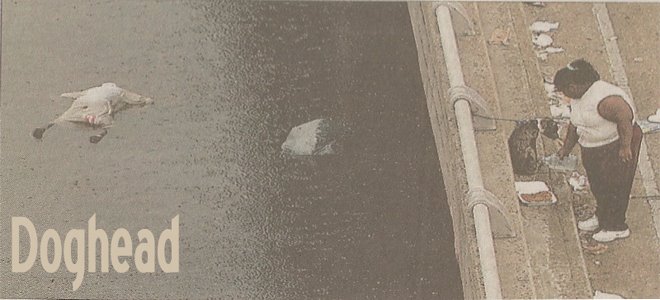
Here's what happened. A woman fell out of a clear blue sky.
Night Train is going to prove difficult reading for some. Not difficult through verbiage or structure, but difficult on a metaphysical level.
Night Train is, to all intents and purposes, a crime novel. The main character Mike Hoolihan, is a homicide detective in an unnamed American city (my gut was telling me Boston when I was reading it, not that it's especially important). Hoolihan is an ex alcoholic, large framed, and female, and is investigating the suspicious suicide of the police chief's daugher. So far, so straight forward.
The intriguing thing about this short work is the direction it takes. Before even getting to the halfway point it turns from a
whodunnit
into a
whydunnit, leaving the characters, and the reader for that matter, to face up to some difficult truths about the world. I wouldn't describe night train as revelatory, as a good deal of Martin Amis' work can be, but for a short piece of writing it gets to the point eloquently enough.
I anticipate a lot of the animosity that attracts itself to
Night Train comes from a deliberately unsatisfying conclusion. Those who expect a run-of-the-mill detective yarn will be disappointed on a number of fronts. Firstly, it seems
Night Train is a playful response by Amis to critics that often label him chauvanist (I've never seen it to be honest), and while I wouldn't go far as to call
Night Train a work of feminism, I would say that Amis portrays the women in this book famously, and writes with warmth and sensitivity, factors not usually associated with either Amis or crime novels. Secondly, while the language, setting and foundation of the book is very much in the style of the pulp crime novel, the development thereafter will likely confound and frustrate anyone who wants a bad guy caught and punished. The evils of
Night Train are existential and totally out of grasp, and the only way this book could have ended really is badly.
It's not a good starting point for someone who wants to read Amis. I would recommend
Money before all else, followed by something like
Time's Arrow or
Yellow Dog, but at 150 pages you could quite easily read this in an afternoon and take something valuable away from it.
Here's an extract from
Night Train, with a train of thought I would have loved to have seen explored in more detail above and beyond the 150 pages:
Homicide can't change - and I don't mean the department. It can evolve.
It can't change. There's nowhere for homicide to go.
But what if suicide could change?
Murder can evolve in the direction of new disparity - new dis murders
Upward disparity:
Sometime in the fifties a man made a homicidal breakthrough. He planted
and detonated a bomb on a commercial airliner: to kill his wife.
A man could bring down - perhaps has brought down - a 747: to kill his wife.
The terrorist razes a city with a suitcase H-Bomb: to kill his wife.
The president entrains central thermonuclear war: to kill his wife.
Downward disparity:
Every cop in America is familiar with the super-savagery of Christmas Day domestics. On Christmas Day, everyone's home at the same time. And it's a disaster... We call them 'star or fairy?' murders: people get to arguing about what goes on top of the tree. Here's another regular: fatal stabbings over how you carve the bird.
A murder about a diaper.
Imagine: a murder about a safety-pin.
A murder about a molecule of rancid milk.
But people have already murdered for less than that. Downward disparity has already been plumbed - been sonar-ed and scoured. People have already murdered for nothing. They take the trouble to cross the street to murder them for nothing.
Then there's the copycat, where the guy's copying the TV or some other guy, or copying some other guy who's copying the TV. I believe that copycat is as old as Homer, older, older than the first story daubed in shit on the wall of the cave. It precedes the fireside yarn. It precedes fire.
You get copycat with suicide too. Fuck yes. They call it the Werther Effect. Named after some melancholy novel, later suppressed after it burned a train of youth suicides through eighteenth-century Europe. I see the same thing here on the street: some asshole of a bass guitarist chokes on his own ralph (or fries on his own amplifier) - and suddenly suicide is all over town.
There's a recurring anxiety, with every generation, that a shoah of suicides has come, to blow the young away. It seems like everybody's doing it. And then it settles down again. Copycat is more precipitant than cause. It just gives shape to something that was going to happen anyway.
Suicide hasn't changed. But what if it did change? Homicide has dispensed with the why. You have gratuitous homicide. But you don't-




